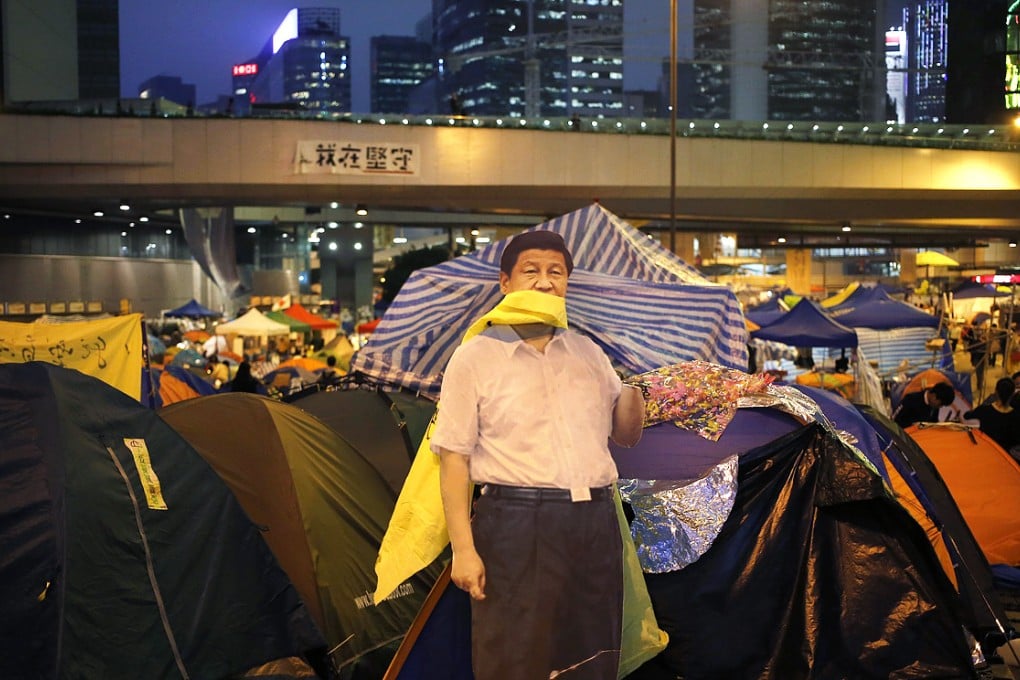Mainland Chinese youth remain cool to Hong Kong's democracy fever
Yun Tang says economic growth and rising nationalism are key factors

Hong Kong is still smouldering from the fire of the Occupy protests, the largest in China since the Tiananmen Square crackdown of 1989. But the flames haven't spread to the mainland. While many believe it is the result of the central government's efforts to censor the news, that hasn't played a decisive role.
After the Hong Kong unrest erupted in late September, China's state media were briefly gagged. Soon, though, they were firing salvos of criticism at the protesters.
Besides, China's internet firewall is porous, so it is virtually impossible to block news of such magnitude. There are many tools available to get round attempts at censorship.
Instead, China's continuing economic stability is the primary reason mainlanders are seemingly unconcerned with the Hong Kong protests. The country's rapid economic progress has brought wealth and comfort, as well as a fear and loathing of politics.
For their part, the Hong Kong protesters simply want their grievances to be heard by Beijing. They have no desire for their protests to spill over to the mainland. Thus, the protests have neither appealed to nor affected the lives of those across the border.
Another factor is the ongoing anti-corruption campaign launched by President Xi Jinping , which has helped to pacify the rising tide of public indignation. Unprecedented in scale, the campaign is shaking up the whole ruling class. The average citizen is happy to see the anti-corruption measures limit the privileges of officials. In a traditionally "official takes all" society, one campaign cannot root out all corruption but, in this case, it has defused the social tensions that otherwise could have flared up over the Hong Kong protests.
